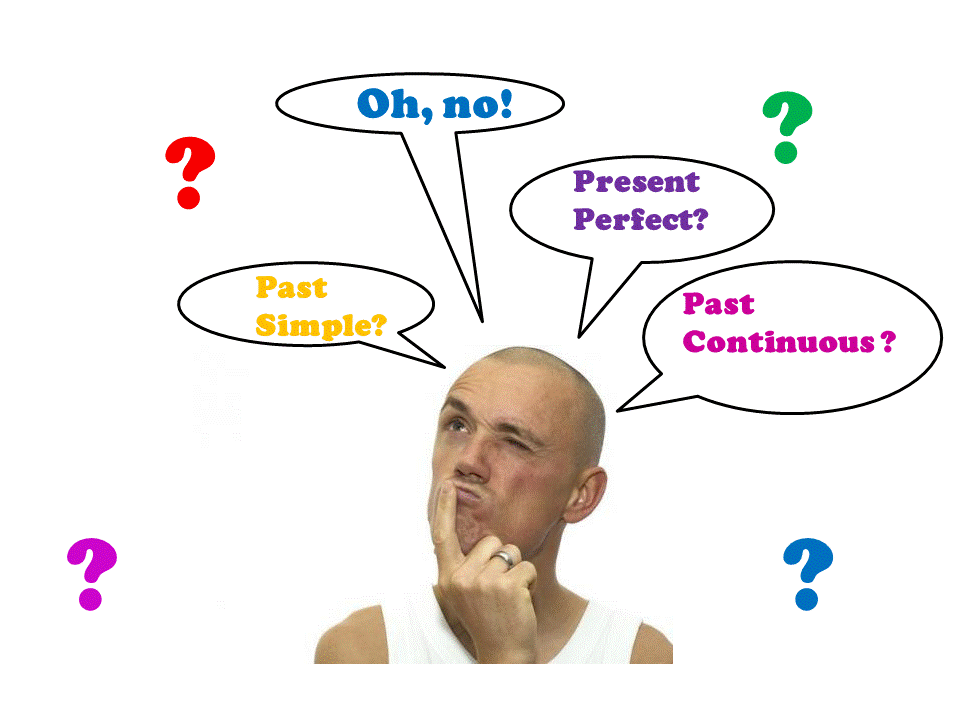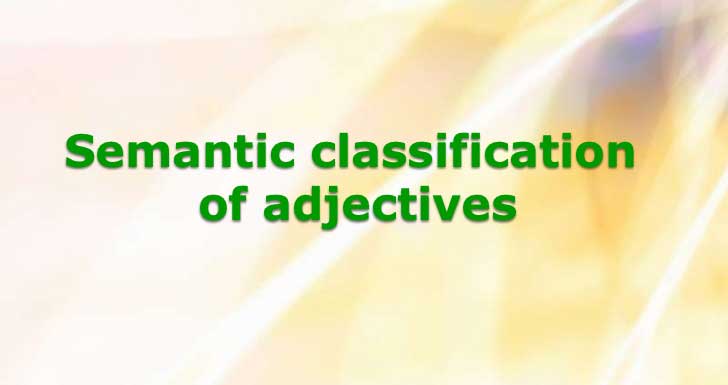
As their name suggests, STATIVE adjectives denote a state or condition, which may generally be considered permanent, such as big, red, small. Stative adjectives cannot normally be used in imperative…

Most attributive adjectives denote some attribute of the noun which they modify. For instance, the phrase a red car may be said to denote a car which is red. In…
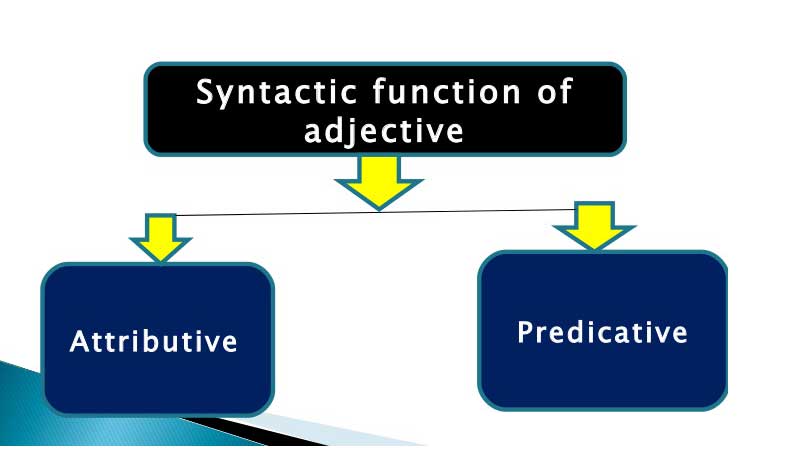
Most adjectives can occur both before and after a noun: the blue sea ~ the sea is blue the old man ~ the man is old happy children ~ the…

Heç İngilis dilində Yazda bitən çiçəklərin adlarını bilirdinizmi? Aşağıdakı cədvəldə çiçəklərin görünüşünü İngiliscəsini və doğma dilimdə tərcüməsini təqdim edirik. Görüntüsü İngiliscə Azərbaycanva camomile Çobanyastığı cowslip Novruzgülü marguerite Marqarita snowdrop Xədicəgülü…

Adjectives can be identified using a number of formal criteria. However, we may begin by saying that they typically describe an attribute of a noun: cold weather large windows violent…
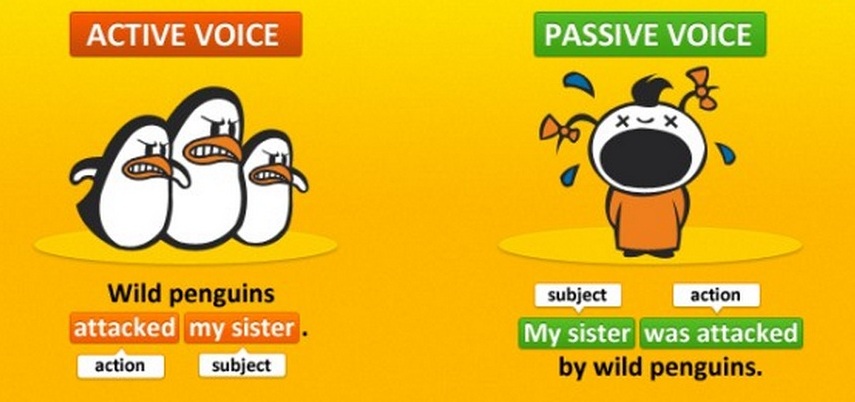
There are two voices in English, the active voice and the passive voice: Active Voice Passive Voice [1] Paul congratulated David [2] David was congratulated by Paul Passive constructions are…
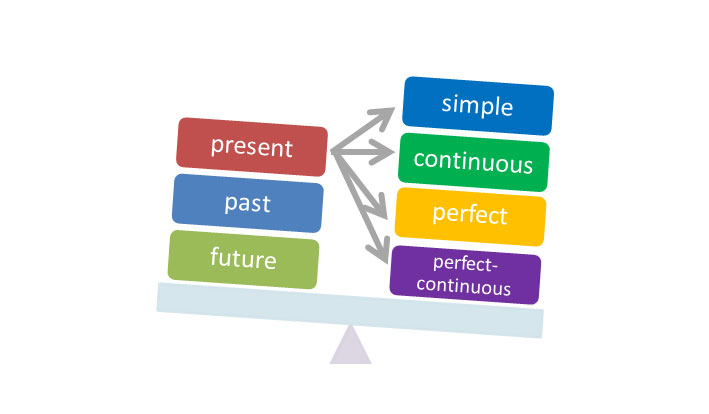
TENSE refers to the absolute location of an event or action in time, either the present or the past. It is marked by an inflection of the verb: David walks…
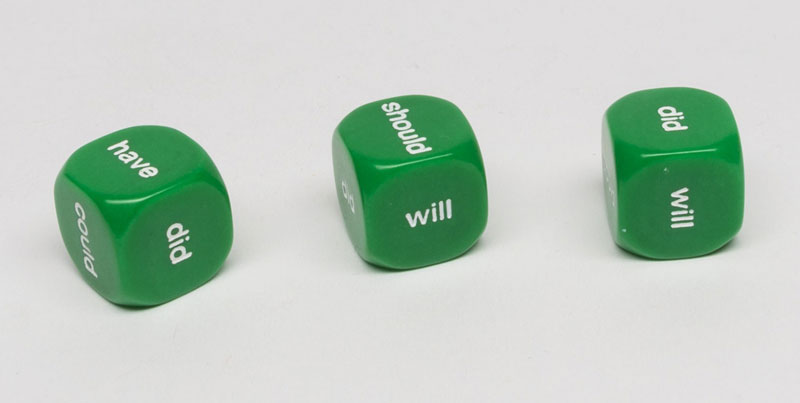
In the examples of -ing and -ed forms which we looked at, you may have noticed that in each case two verbs appeared: [1] The old lady is writing a…
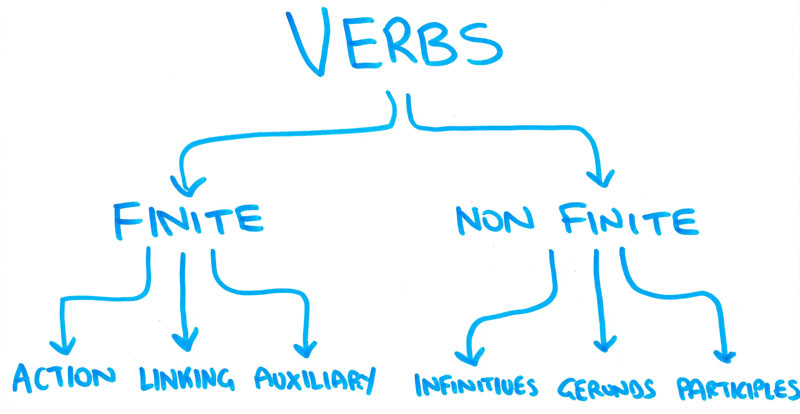
Verbs which have the past or the present form are called FINITE verbs generique viagra en france. Verbs in any other form (infinitive, -ing, or -ed) are called NONFINITE verbs….





